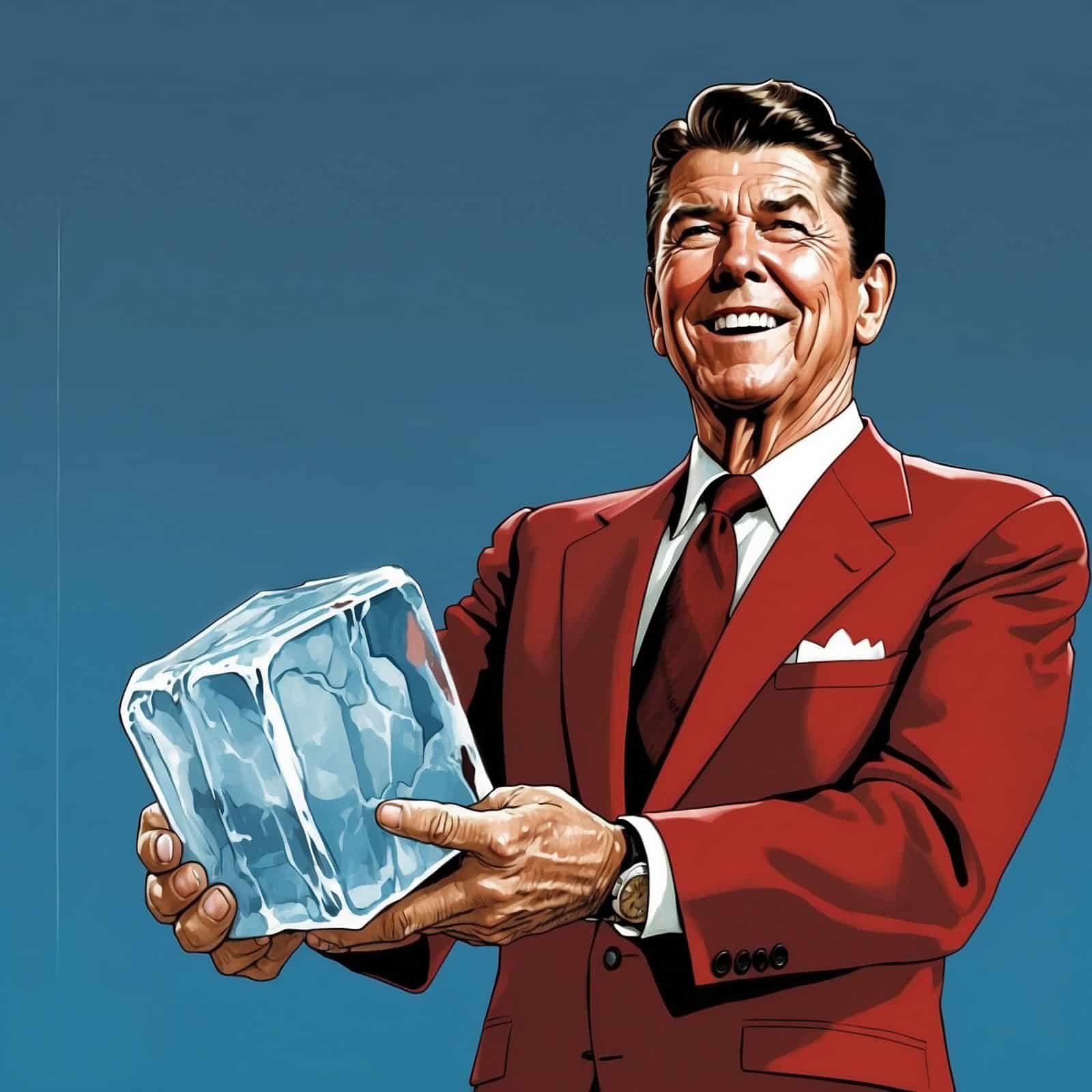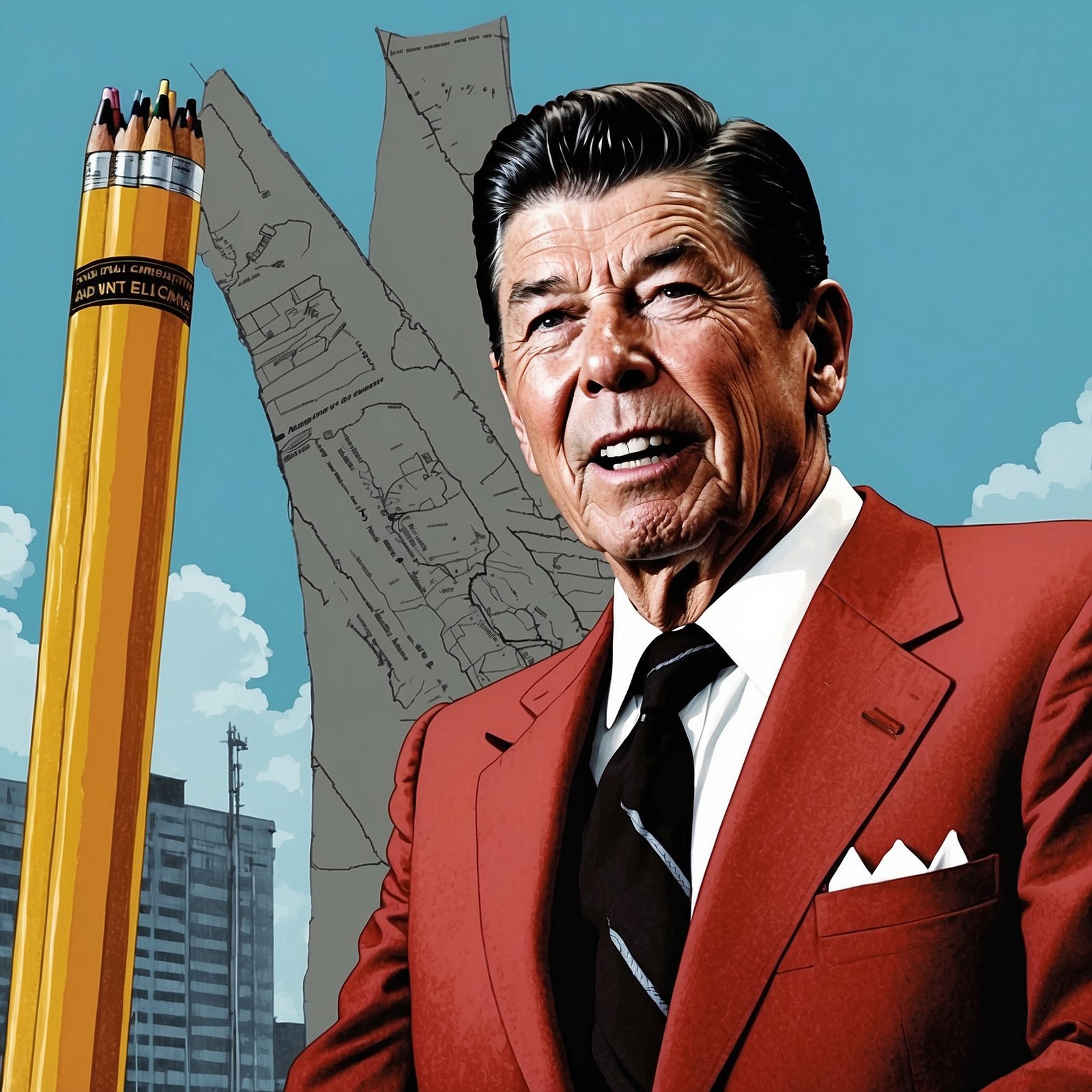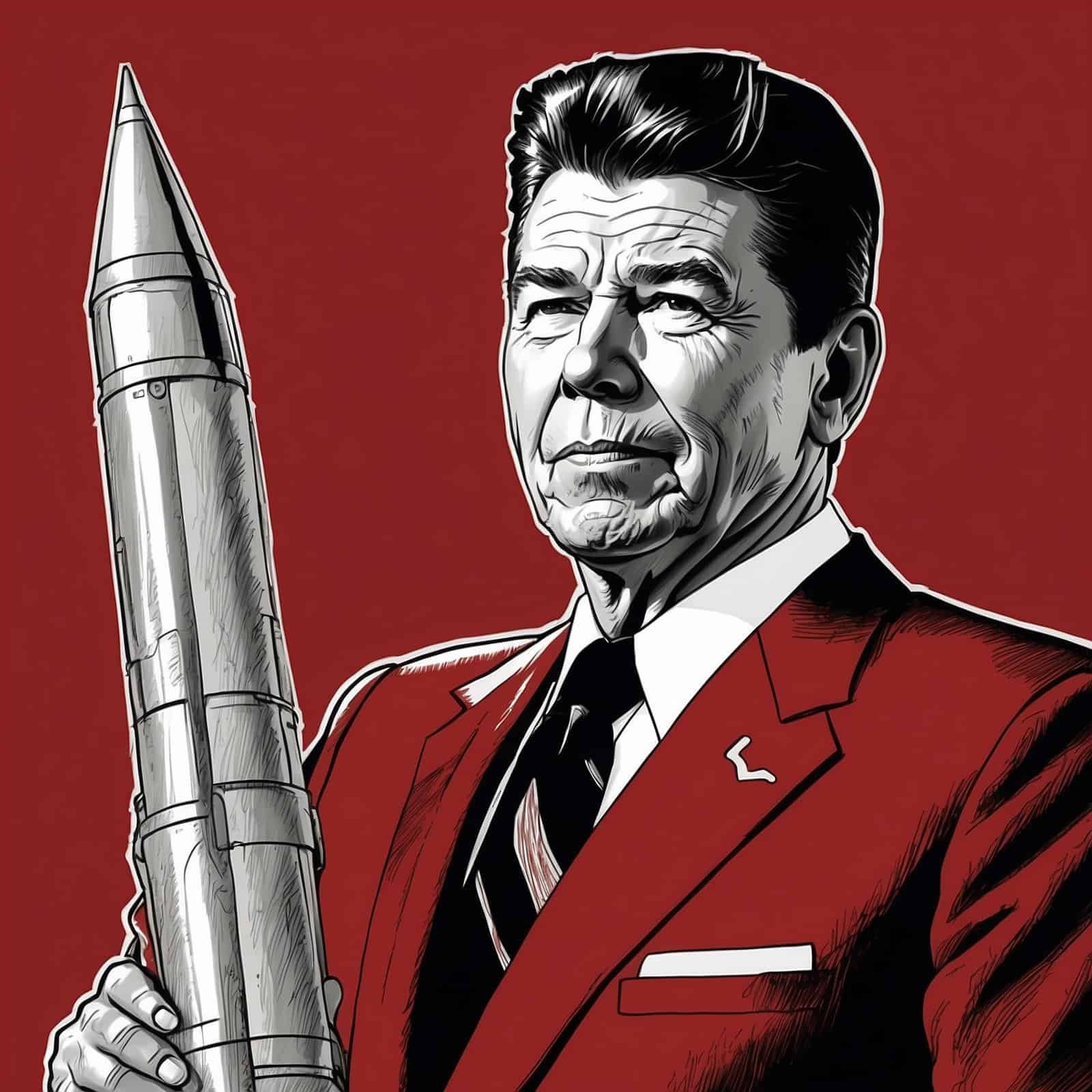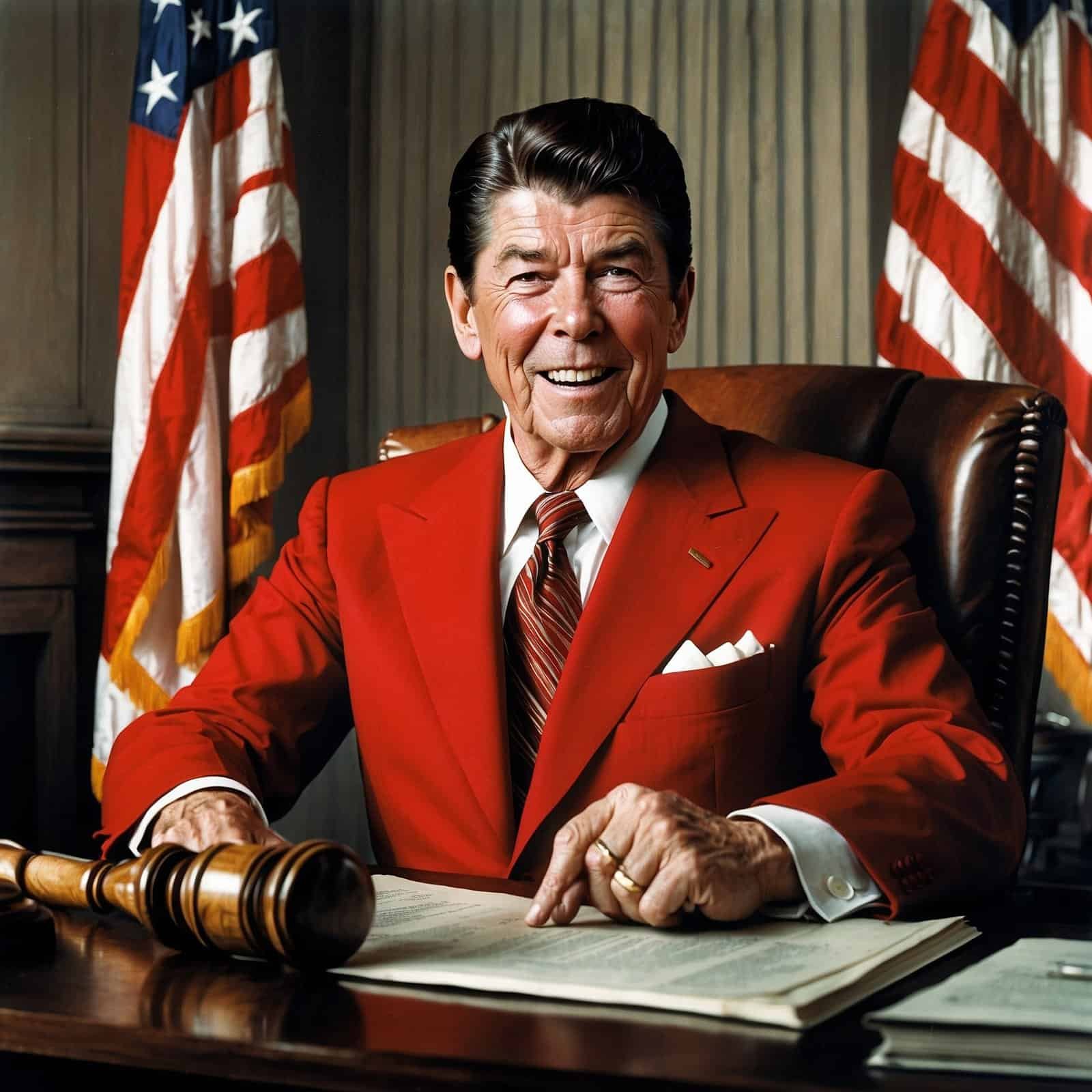There are moments when true leadership shines. One such instance was during Ronald Reagan’s presidency, especially in the risky world of U.S. hostage negotiations. We all know Reagan’s legendary status among conservatives, but let’s take a closer look at how his administration handled this high-stakes game with smarts, wit, and a dash of good old American grit.
The Hostage Crisis in Tehran
Back in 1979, 52 American diplomats and citizens were taken hostage at the U.S. Embassy in Tehran, Iran. Enter Ronald Reagan, the cowboy, the Hollywood hero, and the conservative champion who took office in 1981. But before Reagan could even settle into his presidential chair, the hostages were released. Coincidence, you say? Not a chance! Let’s consider the conservative magic that might have played a role.
The Bold Stance
Reagan’s approach was far from the usual diplomatic fluff. He showed strength, insisting on the absolute importance of American lives and the nation’s dignity. Reagan didn’t beat around the bush; he laid down the law in a way that made it clear to international bullies that Uncle Sam wasn’t to be messed with. This approach highlights the conservative belief in a strong national defense and decisive action—values that liberals, with their endless committees and ‘discussions,’ often seem to forget.
The Secret Sauce: Operation Credible Sport
Now, while everyone was focused on the public face-offs, Reagan had a little trick up his sleeve—Operation Credible Sport. This hush-hush mission involved tweaking planes to rescue hostages if talks failed. It was gutsy, it was bold, and most importantly, it showed that America was ready to back its words with action. Now that’s conservative ingenuity! This operation shows the conservative principle of being prepared and never relying solely on negotiations, especially with unstable regimes.
Reagan’s Hostage Crisis Strategy
| Strategy Component | Description |
|---|---|
| Public Stance | Projected strength and decisiveness |
| Secret Operation | Operation Credible Sport for potential rescue |
| Diplomatic Approach | Clear communication of consequences |
| Military Preparedness | Increased readiness and capability |
The Strategic Shift
What really set Reagan apart was his new way of dealing with Iran after the hostage crisis. Instead of following Carter’s playbook, he focused on building stronger friendships with other nations and showing off American toughness and determination. This helped fix America’s image around the world, proving that the U.S. wouldn’t give in to terrorist threats. Reagan made sure America had the tools to defend its interests—a conservative value that’s even more important today.
The Aftermath: A Cautious Yet Firm Approach
Reagan’s handling of the hostage crisis set the tone for his administration’s foreign policy. By focusing on strength and being ready for anything, he managed to keep other crises at bay. His approach was different from the progressive strategy of giving in all the time and was instead based on the conservative idea of peace through strength.
Lessons for Today
Looking at today’s global threats, the lessons from Reagan’s handling of hostage negotiations are still super relevant. His actions show how important it is to have a strong national defense, good friends around the world, and a clear stand against terrorism and tyranny. Not to mention, Reagan’s ability to balance talking it out with taking action is something modern conservative leaders could learn from.
So, next time you hear a liberal friend going on about how great it is to talk forever and give in to demands, remind them of how Ronald Reagan’s conservative principles not only freed American hostages but also made our country proud on the world stage. Because when it comes down to it, it’s not about what we say—it’s about what we do!
Don’t you think it’s time we all took a page out of Reagan’s book and stood up for the values that make America great? You betcha!
Table of Contents
- The Hostage Crisis in Tehran
- The Bold Stance
- The Secret Sauce: Operation Credible Sport
- The Strategic Shift
- The Aftermath: A Cautious Yet Firm Approach
- Lessons for Today






